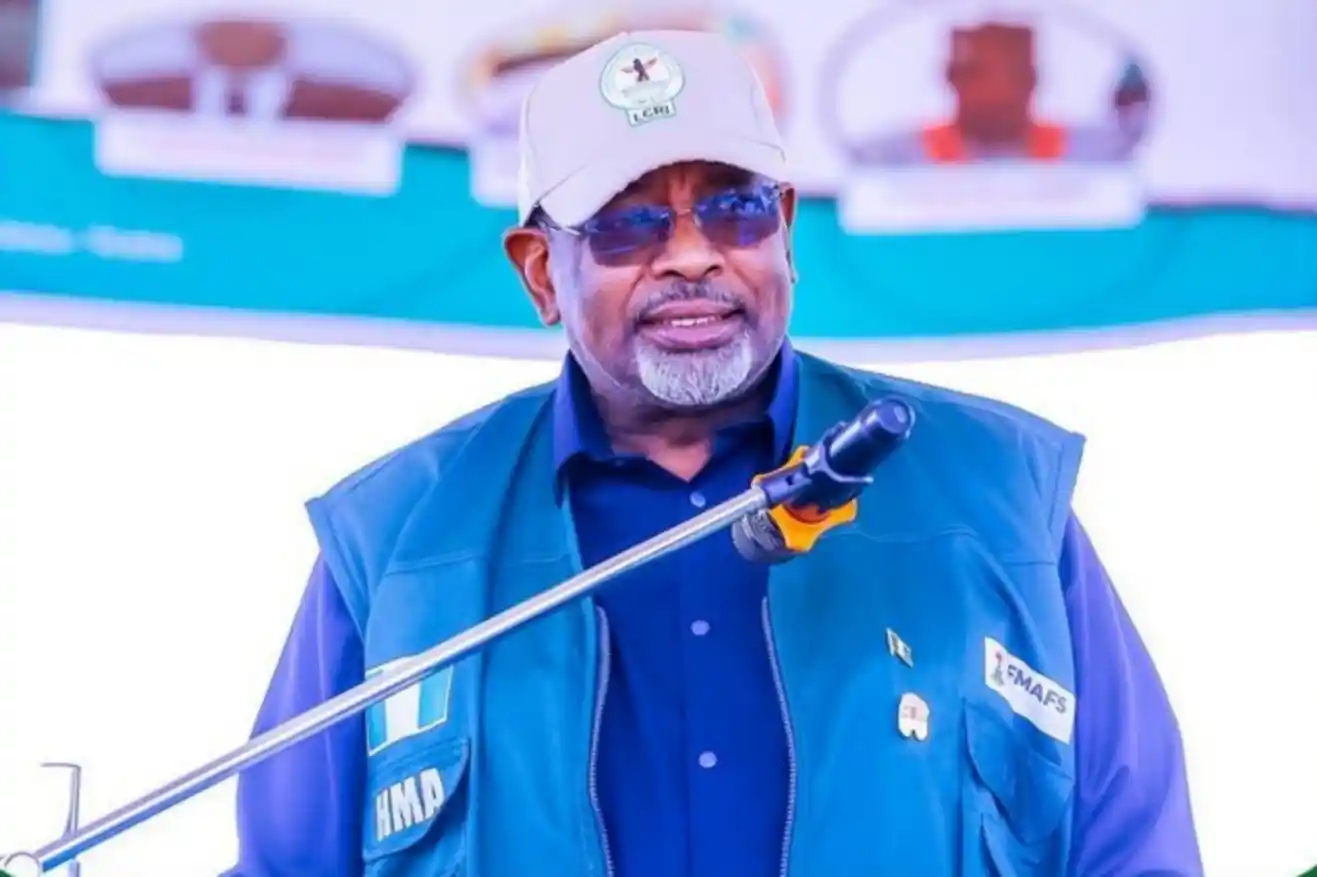Nigeria has achieved a major breakthrough in its drive to end heavy dependence on wheat imports with the successful cultivation of rainfed wheat in Plateau State, a development the Federal Government says will reshape food security and economic growth.
At the Second National Rainfed Wheat Farmers’ Field Day held in Kuru, Jos, the Minister of Agriculture and Food Security, Senator Abubakar Kyari, CON, described the achievement as “nothing short of transformative,” emphasizing that wheat production will no longer be restricted to irrigated areas.
“With rainfed wheat, farmers in Jos, Mambila, and Obudu highlands can now grow wheat during the rainy season naturally, sustainably, and profitably. This innovation opens the door to a future where Nigeria’s wheat demand can be met by our own farmers,” the Minister said.
Kyari commended the Lake Chad Research Institute (LCRI) for developing the new wheat varieties, calling it a “true testament to Nigerian ingenuity and scientific excellence.” He expressed concern that Nigeria imported wheat worth ₦970.22 billion between October 2022 and September 2023, describing the situation as “worrisome, unacceptable, and unsustainable.”
The Minister highlighted that under President Bola Ahmed Tinubu GCFR’s Renewed Hope Agenda, agriculture has become a presidential priority. He outlined key initiatives including the deployment of over 2,000 tractors and combined harvesters nationwide in the first phase of the Renewed Hope Mechanisation Initiative.
Other measures include the recapitalisation of the Bank of Agriculture (BoA) and the operationalisation of the National Agricultural Development Fund (NADF) to enhance access to agricultural credit and boost investment in agribusiness. The government has also launched a Post-Harvest Management Initiative aimed at reducing losses, upgrading grain silos, and improving national food reserves.
Kyari urged farmers, researchers, and private investors to work together in expanding rainfed wheat cultivation to hundreds of thousands of hectares across the country. He reaffirmed the government’s commitment to providing certified seeds, mechanisation services, and reliable markets for farmers.
“Every grain of Nigerian wheat planted is a step toward national dignity, a signal that we can feed our people, grow our economy, and stand tall among nations,” Kyari stated.

